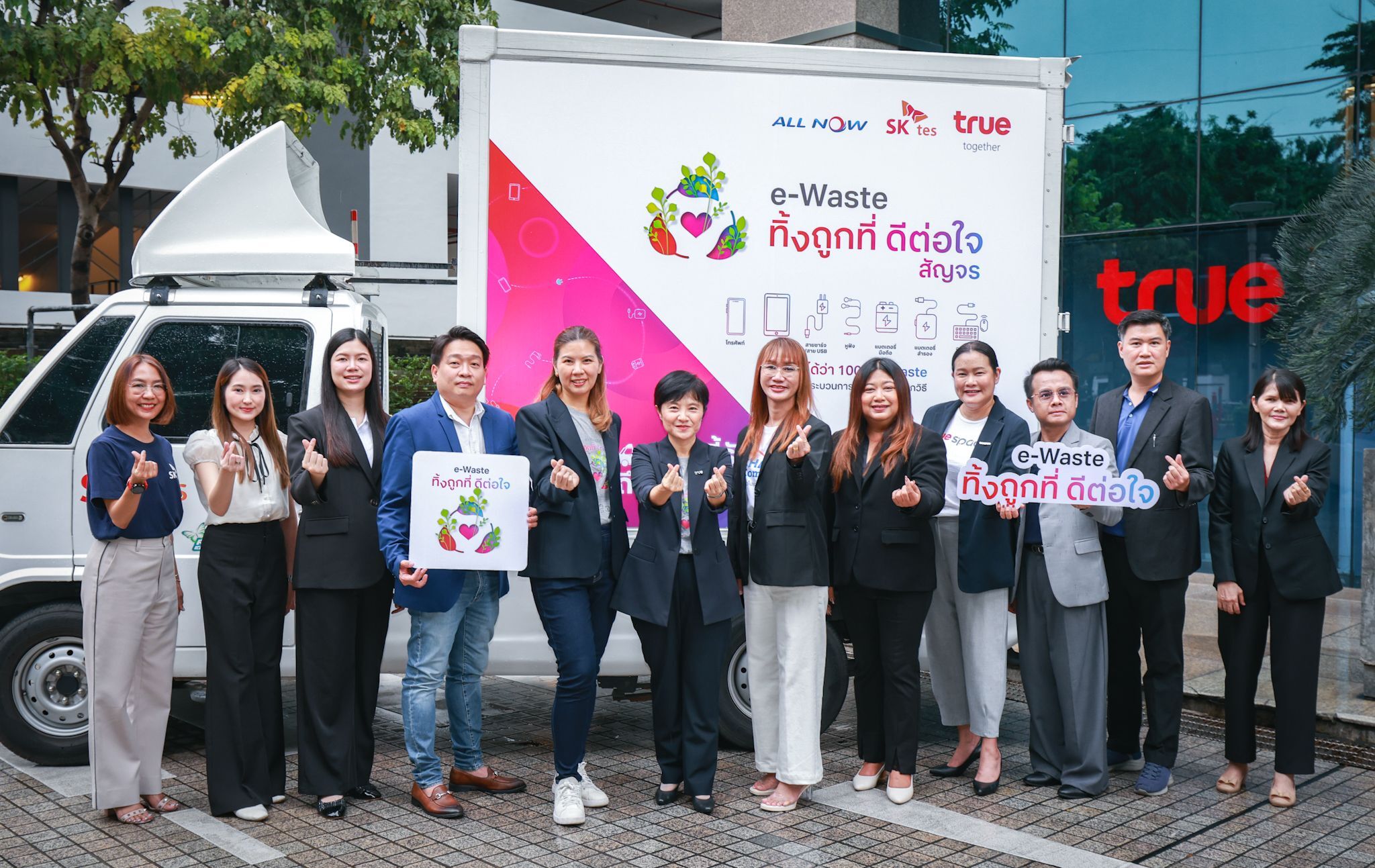Beyond Net Zero. Toward a Billion-Kilogram Impact.
At SK Tes we are committed to sustaining tomorrow.
Our latest verified Sustainability Report outlines our progress on science-based targets for GHG emissions, global social impact initiatives, and a carbon roadmap for our clients.
Some of the highlights in the Sustainability Report:
- Processed 437,636,142 kg of assets
- Improved reuse and recycling rate from 97.3% to 97.95% in 2024
- Avoided GHG emissions reached ~130,883 tCO2e





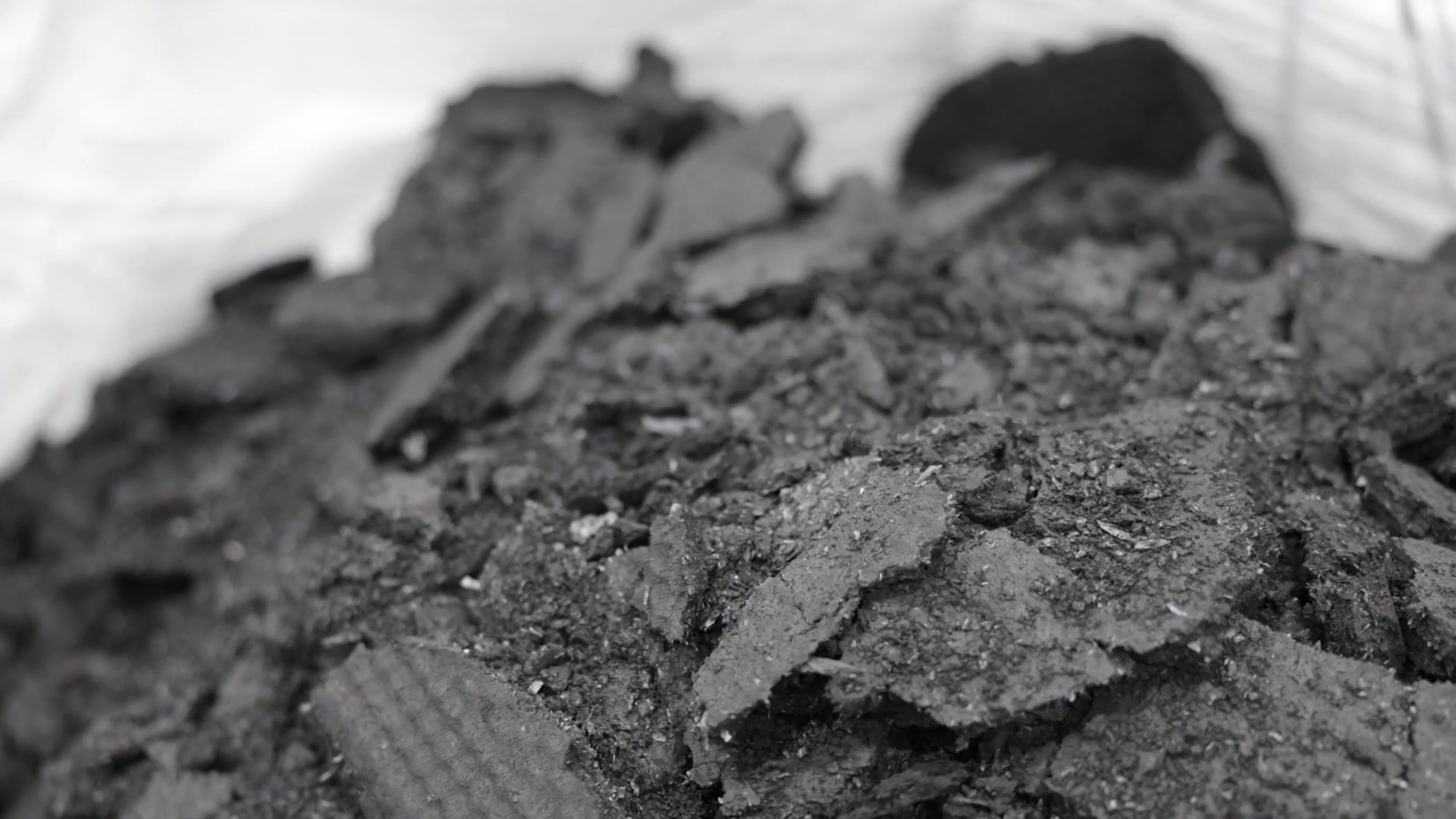
-1.png?width=279&height=251&name=Untitled%20design%20(13)-1.png)
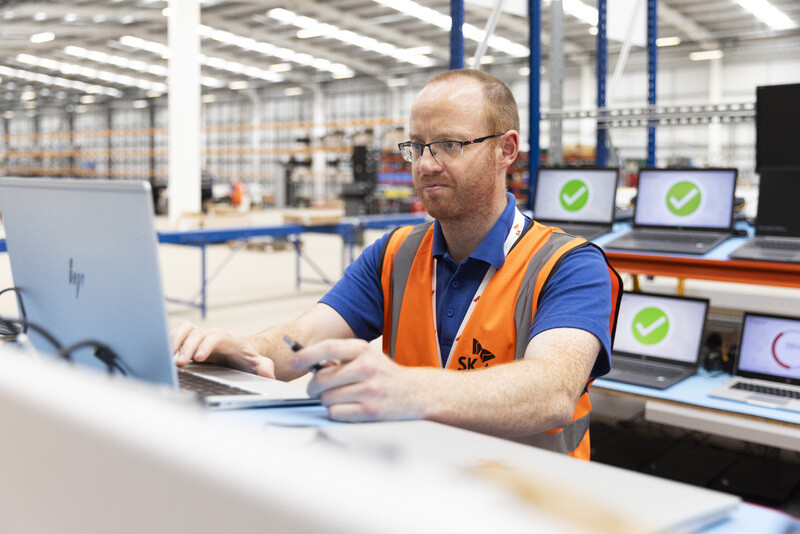
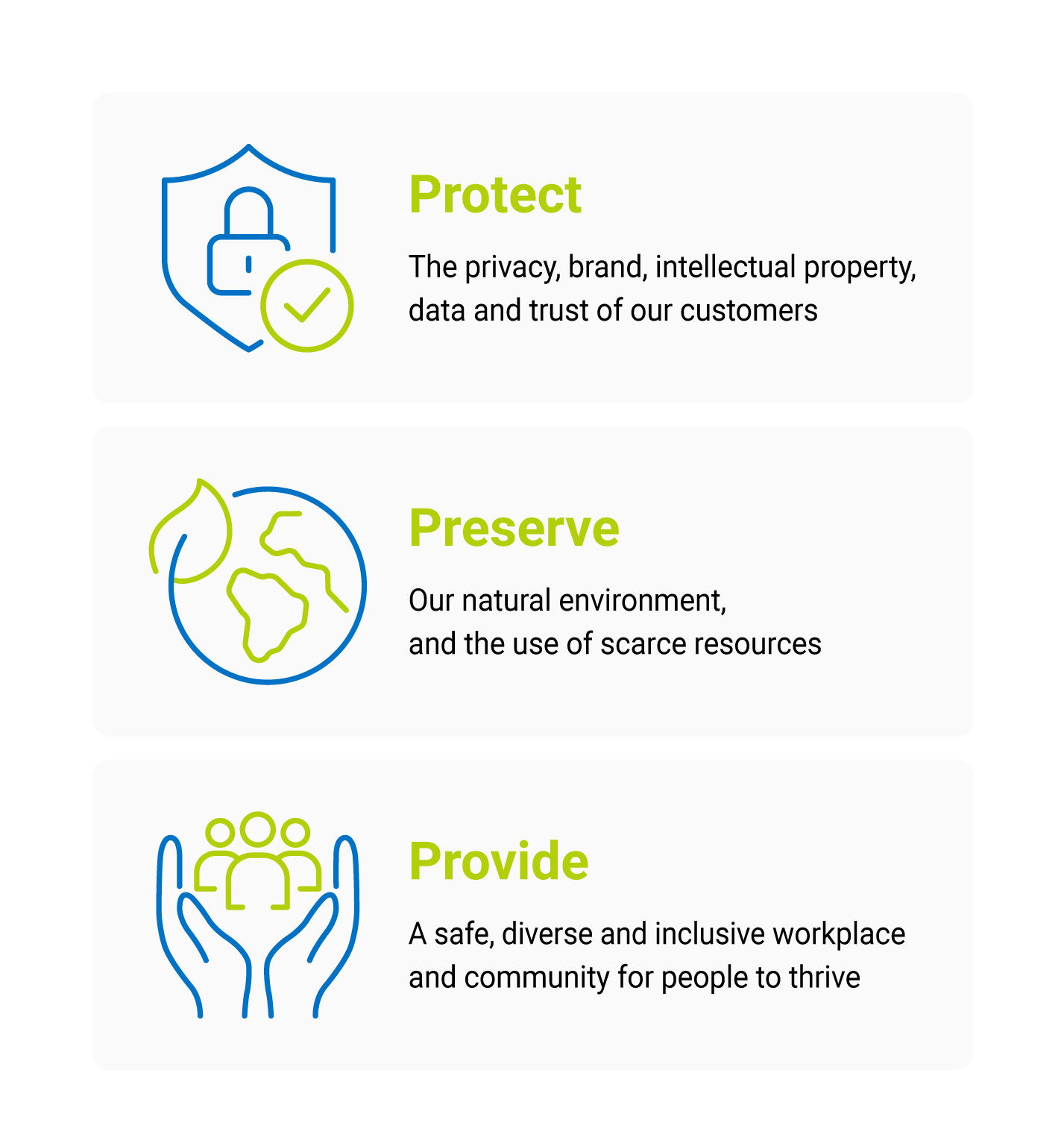
%20(2).png)


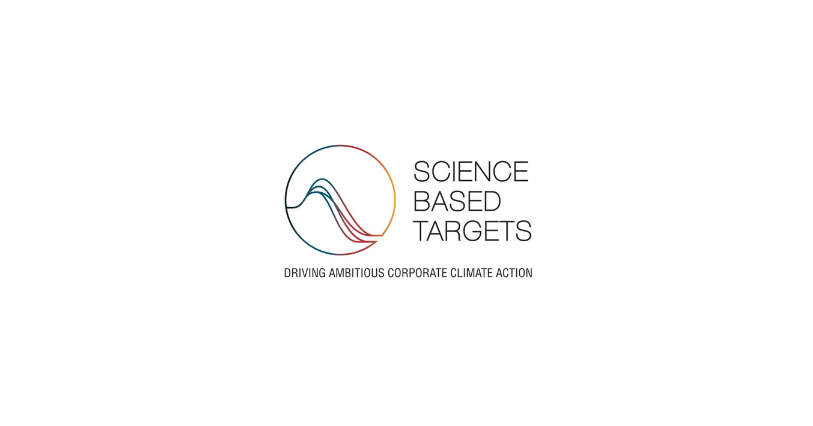

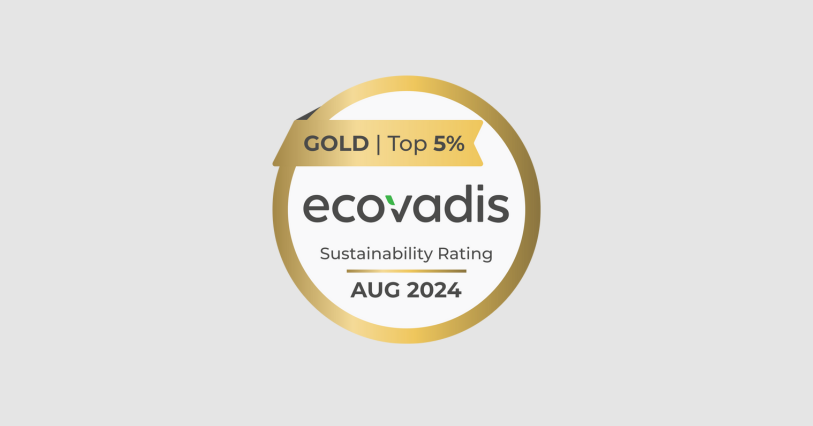
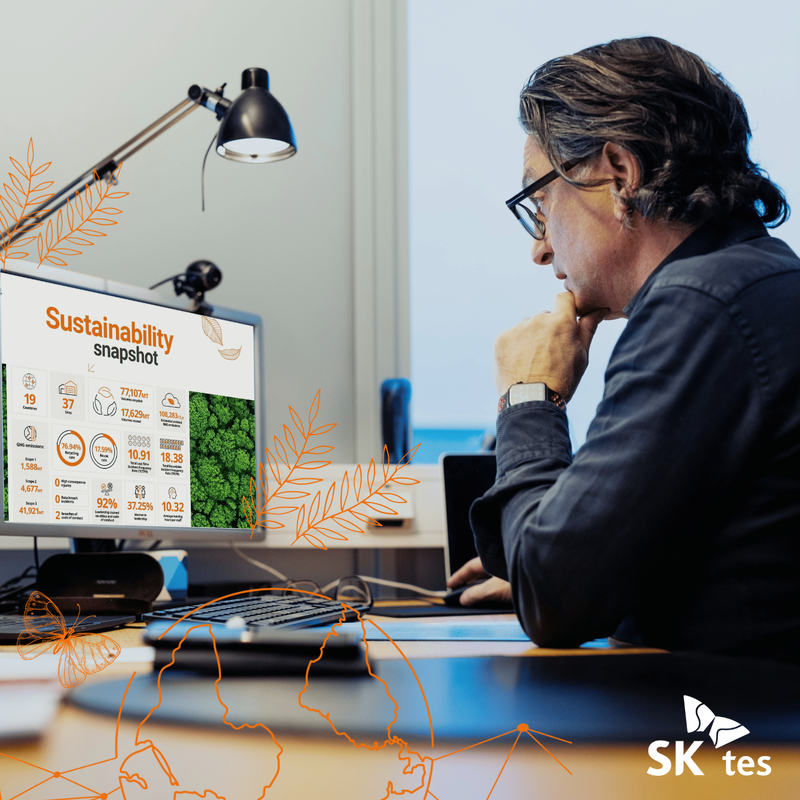
.jpg)
